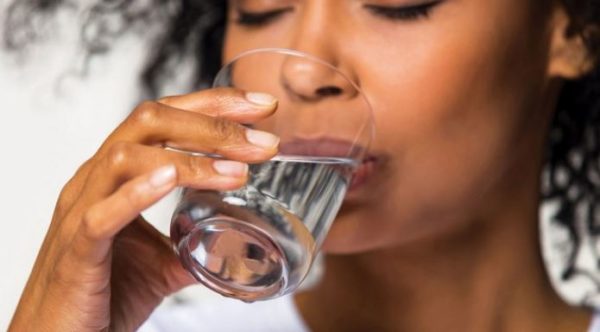
Water is essential to all living things, water accounts for up to 90% of their body weight and in an adult human body water makes up up to 60%.
We all know that how water intake affects body health but few know that its also essential for maintaining proper oral hygiene and oral health.
Saliva is one form of water present in mouth. It is primarily composed of water, accounting for about 99% of its composition.
Its produced by salivary glands located in and around the mouth. It constantly flows into the mouth, keeping it moist and aiding in various oral functions. Saliva contains enzymes, such as amylase, which initiate the process of digestion.
These enzymes help break down carbohydrates in food, starting the breakdown process before the food reaches the stomach.
Saliva also contains substances, such as immunoglobulins, lysozyme, and lactoferrin, which have antimicrobial properties.
They help to fight against bacteria, viruses, and other microorganisms in the mouth, contributing to oral health.
It also contains growth factors and antibacterial components that aid in the healing of minor wounds and mouth.
Reasons why water is good for oral health
There are reasons we dentist recommend consuming adequate water for oral hygiene. It helps to keep the mouth moist, supports saliva production, cleanses the oral cavity, and aids in maintaining a healthy pH balance. Drinking an adequate amount of water throughout the day is important for overall hydration and optimal oral health. Individual water needs can vary based on factors such as age, body size, physical activity level, and climate. Thirst is one indicator of the body’s water needs, but it’s also important to drink water even before feeling thirsty to prevent dehydration. Adequate water intake is indeed important for maintaining good oral hygiene. Here are several reasons why.
1. Saliva production
Water plays a crucial role in saliva production. Saliva helps in the remineralization of teeth, neutralizes acids produced by bacteria, and washes away food particles and debris from the mouth. Sufficient water intake ensures the production of an adequate amount of saliva, hence promoting oral health.
2. Hydration
Drinking enough water helps maintain overall hydration in the body, including the oral tissues. Hydrated oral tissues are less prone to dryness, which can lead to discomfort, bad breath, and an increased risk of developing oral health problems like tooth decay and gum disease.
3. Acid neutralization
4. Cleansing effect
Drinking water helps rinse the mouth and flush away food particles, bacteria, and plaque that accumulate on teeth and gums throughout the day. This cleansing effect helps reduce the risk of tooth decay, gum disease, and bad breath.
5. Oral tissue health
Sufficient water intake promotes the health of oral tissues, including gums and mucous membranes. Well-hydrated gums are less likely to become inflamed or irritated, reducing the risk of gum disease and maintaining overall oral health.
6. Prevention of dry mouth
Dry mouth (xerostomia) is a condition characterized by reduced saliva production. It can be caused by various factors, such as dehydration, certain medications, and medical conditions. Dry mouth increases the risk of dental problems, including tooth decay and gum disease. Drinking an adequate amount of water helps combat dry mouth, keeping the mouth moist and promoting saliva production.




